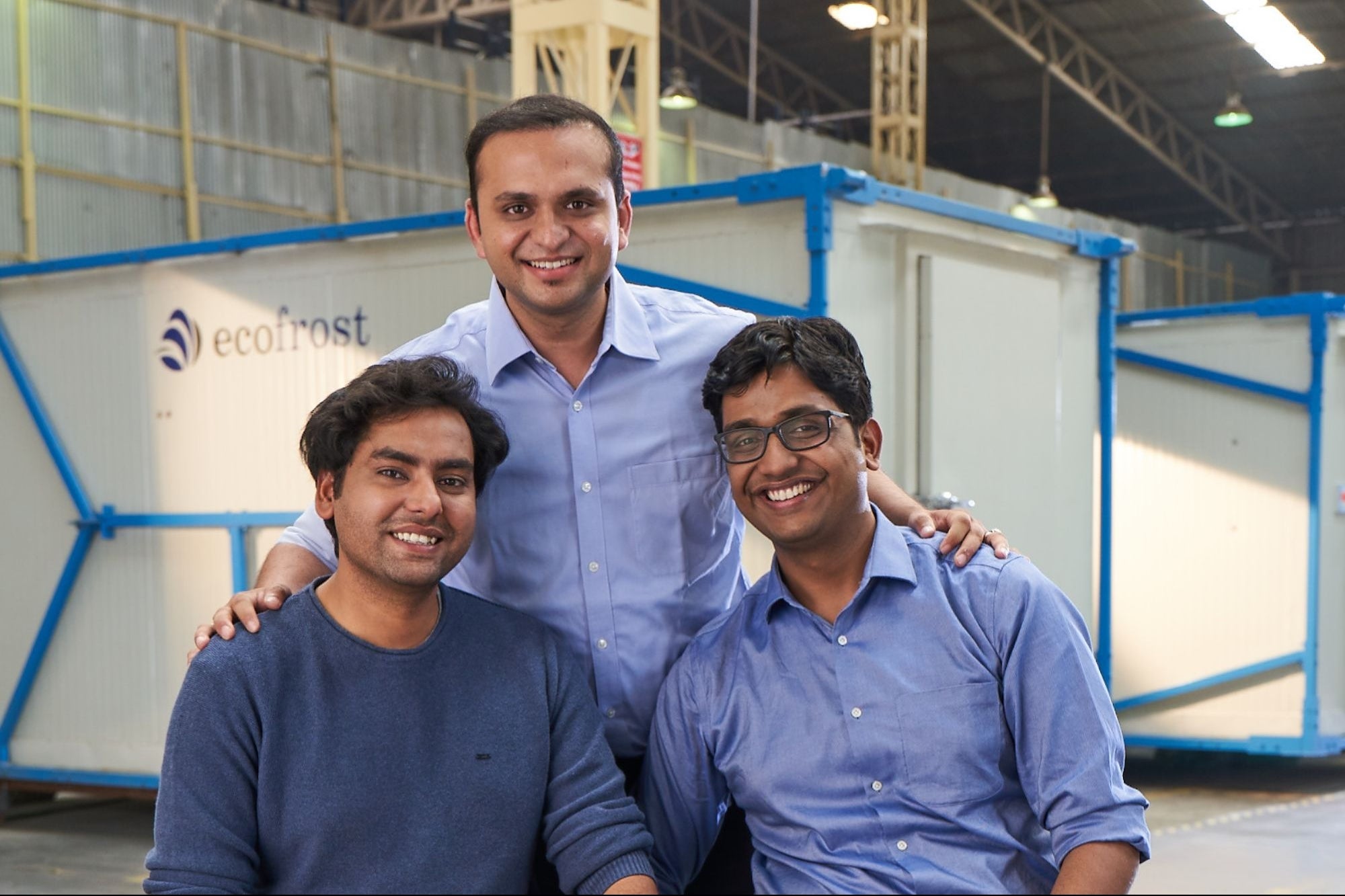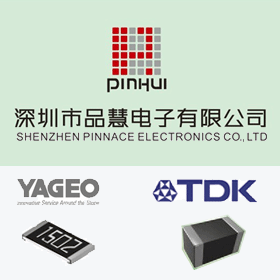Make Hay (And Electricity) While the Sun Shines
College is often a time when people forge lasting bonds of friendship and, it would appear, business partnerships, especially on the campuses of India's revered IITs. Over a decade ago, an academic collaboration among Devendra Gupta, Prateek Singhal and Vivek Pandey—students at IIT-Kharagpur at the time—that addressed the potential of clean energy in powering India's agricultural sector led to the formation of climate-tech company Ecozen and its first product, Ecotron, to ensure smooth electricity supply and reduced irrigation expenses.
 Devendra Gupta, Vivek Pandey and Prateek Singhal
Devendra Gupta, Vivek Pandey and Prateek Singhal
"Ecotron converted the solar pump into a decentralized power source, allowing reliable and effective irrigation even in places without electricity. A trial with local farmers demonstrated these benefits in practice, with a two-fold increase in the number of commodities farmed, a three-fold increase in yield per acre, and a five-fold increase in farmer revenue each season. All of this is accomplished through the usage of renewable energy," said Gupta, co-founder and CEO, Ecozen.
The company claims to be consistently exploring ways to localize and/or develop components and solutions in-house with the help of its research and development team to upgrade the Indian agro-economy. For instance, it is currently developing a locally-sourced magnetic component that may lessen the agriculture sector's dependence on imports. High-efficiency PMSM motors, while excellent in terms of energy efficiency, are sometimes hampered by a reliance on the supply chain of rare earth magnets, which are not abundantly found in India. "The industry has been struggling with using ferrite magnets to make batteries, hence Ecozen has been working on a strategy that finds a balance between the quantity of magnets, kind of magnets, and motor topology to assure performance, durability, and compact form factor," says Gupta.
Among his many insights on the current market scene in the solar pumping segment, Gupta underlines the benefits received from the government's focus on the solarisation of agriculture, especially by way of the PM KUSUM scheme. "However, going forward, we see the thermal energy system of the solar pump becoming a decentralised power source for household appliances as well as farm machinery in rural areas. This will drive a much higher rate of adoption," he said.
He further points a major issue in the agriculture sector: only four per cent of produce that needs a cold chain has access to it in India, causing farmers to sell their produce at lower prices, not to mention an increase in food wastage. "Cold storages in India are currently centralised and near production centers, however, 75 per cent of these are suitable only for storing single commodities, mainly potatoes. While there is a push to increase our cold storage capacity, it is still capital intensive, dependent on stable supply of electricity and requires stakeholders to travel distances to gain access. Hence, decentralised portable solar cold rooms like Ecofrost, another offering of Ecozen, will play a major role in increasing access to a cold chain and enhancing farmer income," explained Gupta.
At present, Ecozen claims to have a substantial foothold in India, namely across 20 states, and expects the national market size for its innovative technology stacks to grow to $25 billion by 2025. The company also states that its global presence is spread across 10 countries and is now expanding to the African and Southeast Asian markets as well. "Our core technology stacks have a wide range of applications outside of agriculture, notably electric vehicles. In the coming years, Ecozen will launch multiple products which build on its deeptech expertise in thermal energy storage, motor controls, IoT, and analytics," added Gupta.
